France Stakes a Claim
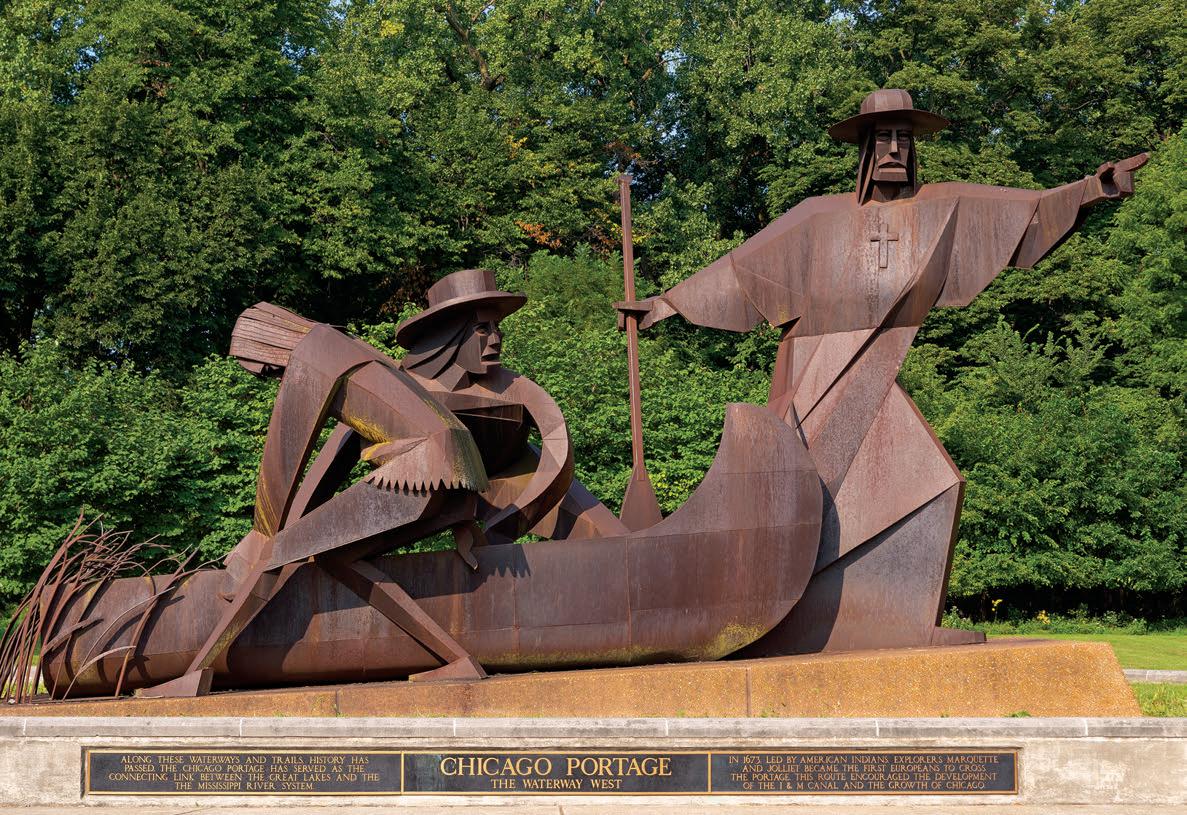
He helped found several missions in the Great Lakes region. He learned to speak many of the local tongues, including those of the Huron, Ottawa, and Illinois. Members of the Illinois told him about a "Great River." He wondered if it flowed all the way to the Pacific Ocean. He asked permission from his superiors to explore for the river.
Meanwhile, Louis Jolliet (also spelled "Joliet") was born in Quebec in 1645. Educated at a Jesuit school there, he decided not to become a priest and instead went into the fur trade business. In 1672, the newly appointed French governor, Louis de Buade, Comte de Frontenac, commissioned Jolliet to join Marquette's expedition. The two men made a good pair. Marquette kept a diary and drew maps of the country through which the group passed. Jolliet's fur trade experience made him familiar with Indigenous peoples' cultures and languages.
The First Attempt
Along with five men from FrenchIndigenous families, Marquette and Jolliet set out in canoes on May 18, 1673. They headed for the northern shore of Lake Michigan and then to present-day Green Bay, Wisconsin.
They made their way up the Fox River almost to its source. They portaged for two miles through marshes and oak forests to the Wisconsin River. That river eventually led them to the Mississippi River near what is now Prairie du Chien, Wisconsin. After traveling for just one month, they found the big river they sought on June 17.
Marquette and Jolliet quickly realized that the Mississippi River did not lead to the west and the Pacific Ocean. They decided to continue down it anyway. They reached the mouth of the Arkansas River, just a little more than 400 miles from the Gulf of Mexico. They became the first Europeans to explore and map much of the Mississippi River and its shores.
A Successful Trip
Bu hikaye Cobblestone American History Magazine for Kids dergisinin April 2023 sayısından alınmıştır.
Start your 7-day Magzter GOLD free trial to access thousands of curated premium stories, and 9,500+ magazines and newspapers.
Already a subscriber ? Giriş Yap
Bu hikaye Cobblestone American History Magazine for Kids dergisinin April 2023 sayısından alınmıştır.
Start your 7-day Magzter GOLD free trial to access thousands of curated premium stories, and 9,500+ magazines and newspapers.
Already a subscriber? Giriş Yap
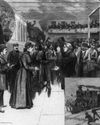
nellie Bly Journalist
nellie Bly's first newspaper articles appeared in print when she was just 20 years old.

Arabella Mansfield -Lawyer
Arabella Mansfield started out life as Belle Babb (1846-1911). She grew up in a Midwest family that valued education. In 1850, her father left to search for gold in California. He died in a tunnel accident a few years later.
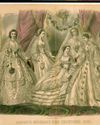
Sarah Josepha Hale Editor
Long before Vogue or Glamour caught women's attention, Godey's Lady's Book introduced the latest fashions.

Louise Blanchard Bethune - Architect
Louise Blanchard Bethune (1856-1915) showed early promise in math. Lucky for her, her father was the principal and a mathematics teacher in a school in Waterloo, New York. Instead of going to school, Louise's father taught her at home until she was 11 years old. She also discovered a skill for planning houses. It developed into a lifelong interest in architecture and a place in history as the first professional female architect in the United States.
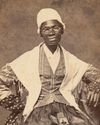
Sojourner Truth Speaker
There was a time when slavery wastes abolished the institution over a number of decades. New York abolished slavery in 1827. Isabella Baumfree (c. 1797-1883) was born enslaved in Hurley, New York. When she was nine, she was taken from her parents and sold. She then was sold several more times. Some of her owners were cruel and abused her. During that time, she had several children.
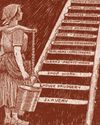
Getting Started
In this editorial cartoon, a young 19th-century woman must overcome the obstacle of carrying a heavy burden while climbing a multirung ladder before she can achieve \"Equal Suffrage.\"
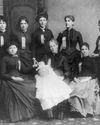
Leonora M. Barry - Investigator
When Leonora M. Barry (1849-1923) was a young girl, her family left Ireland to escape a famine. They settled in New York. Barry became a teacher. In 1872, she married a fellow Irish immigrant. At that time, married women were not allowed to work. So, Barry stayed home to raise their three children.

Finding a New Path
For many Americans, this month's mystery hero represents the ultimate modern trailblazer. She is recognized by just her first name.
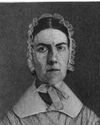
The Grimké Sisters Abolitionists
Every night, Dinah was supposed to brush the E hair of her mistress, Sarah Moore Grimké (1792-1873). But one night, 12-year-old Sarah stopped Dinah. She wanted to help Dinah instead. They had to be quiet so they wouldn't get caught. It was 1804 in Charleston, South Carolina. The Grimkés were among Charleston's major slaveholding families. Strict laws regulated the behavior of both master and enslaved people.
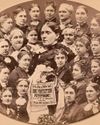
Frances Willard Leader
During Frances Willard's lifetime (1839-1898), she was the best-known woman in America: She headed the largest women's organization in the worldthe Woman's Christian Temperance Union (WCTU). In that role, her abilities shone as a social activist, a dynamic speaker, and a brilliant organizer. She educated women on how to run meetings, write petitions, give speeches, and lobby state and federal legislators.
